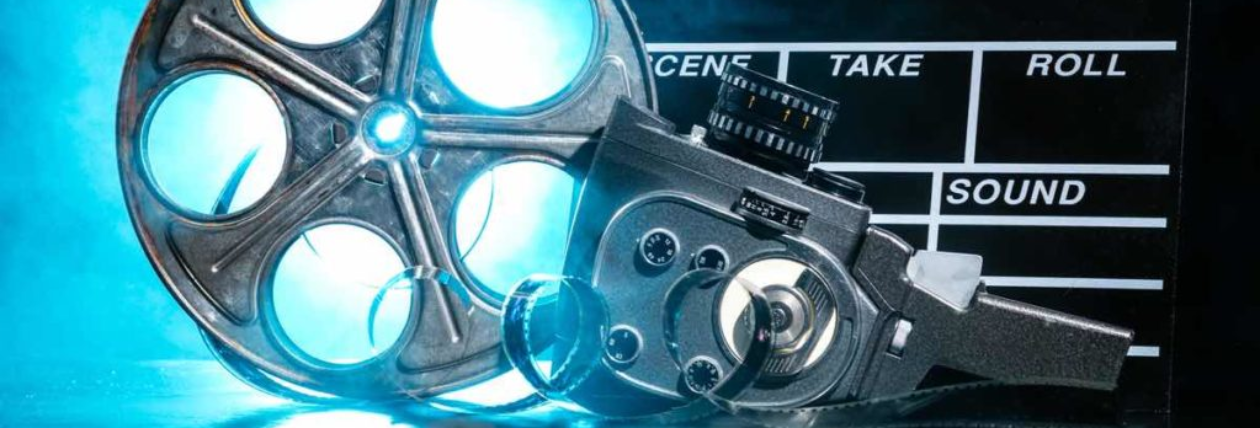Contexts:
Technological –
With the use of digital editing allowed the films editors such as Daniel Rezende experiment and try out new ideas. According to him, many of the interpretations of the characters came from the editing stage. through the improvisation of the actors he could edit all their scenes to uniquely craft their portrayal.
Historical –

Brazil was colonised by Portugal in the 16th century which resulted into a large genocide of the indigenous people. Portugal also largely imported slaves from Africa which made up a large part of funding their economy. After it was abolished, they had become locals much like the Portuguese colonizers. As a result this is what makes their multi-ethnic communities today as seen in the film. The film set in the 60s and 70s shows this through the vehicles and music seen and heard throughout the film.
Social –

Brazil, the largest country in Latin America, covers half the continent. Being the 5th largest country in the world in terms of land area and its population of 163.7 million. It is estimated that 20% of the population (32 Million) live in poverty. The disparity line between those living below the poverty line (who receive only 2% of the GDP) differences massively to the top 10% (who receive 50.6%) is greater than most other countries in the world. This is shown largely through the depiction of Rio de Janeiros slums, as known as favela’s in the City of God.
Political –

During the time of filming, Brazil was economically dependent and dominated by the USA in the 20th century, In 2002 the same year the film was made, an ex metal worker, Luiz Ignacio Lula da Silva was elected ,after his fourth attempt, to become president. From this point onwards he promised economic prosperity and led the first left-wing government to be in power for more than 40 years. In City of God, Brazils reliance on the USA in the 20th century can be seen with the use of American supplied helmets and weaponry, The helmets worn where left overs from the US’s current involvement in Vietnam in which the films setting is set around.

Institutional –

Financed by TV Globo, Brazil’s biggest TV Channel as well as some other companies like O2 Filmes. It was distributed by Miramax, the company founded by Bob and Harvey Weinstien in 1979, through them they supported in the films success with showing it internationally as an independent film.
